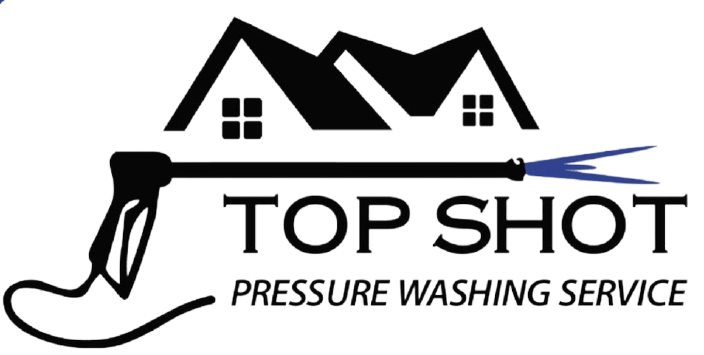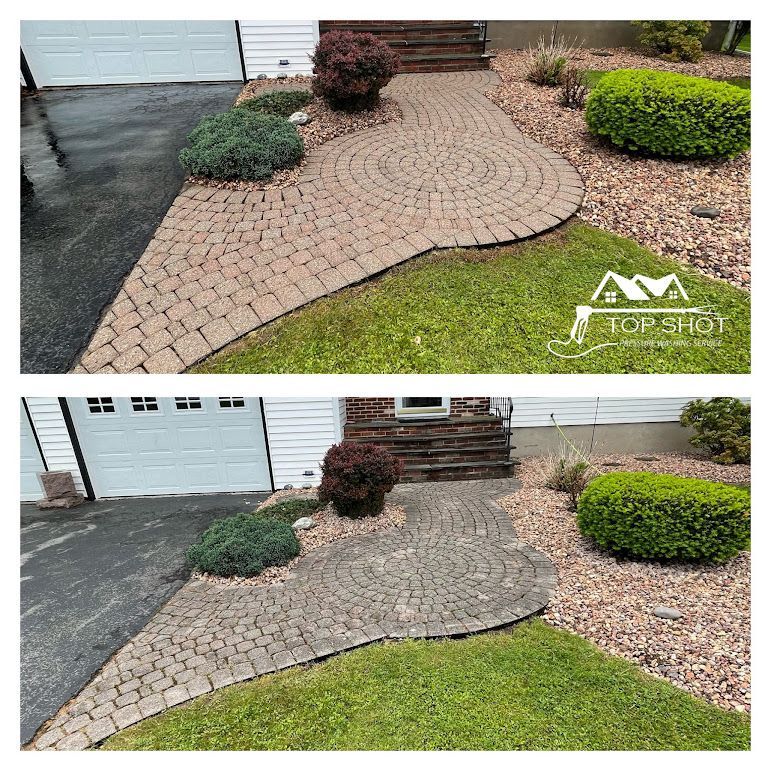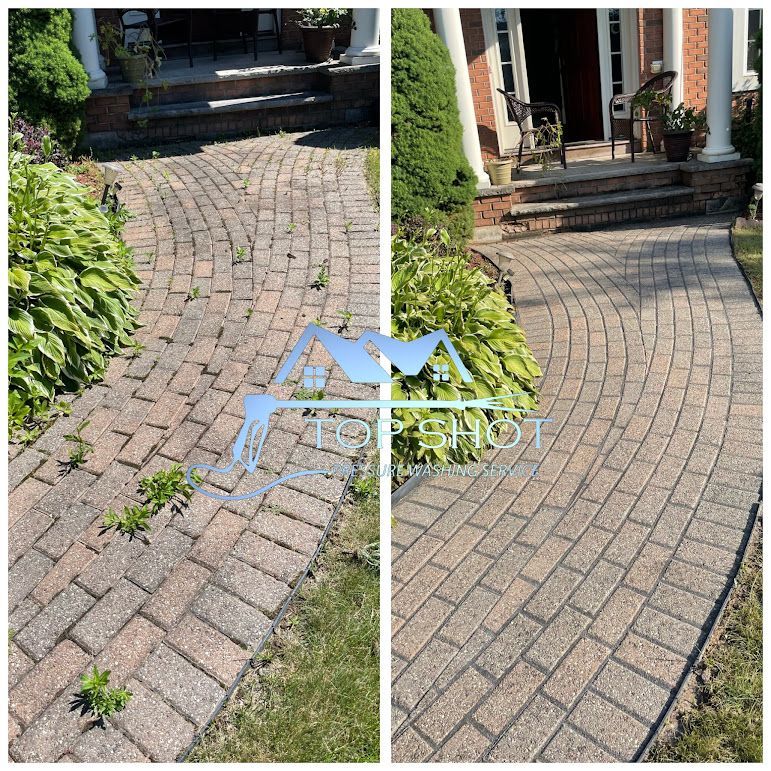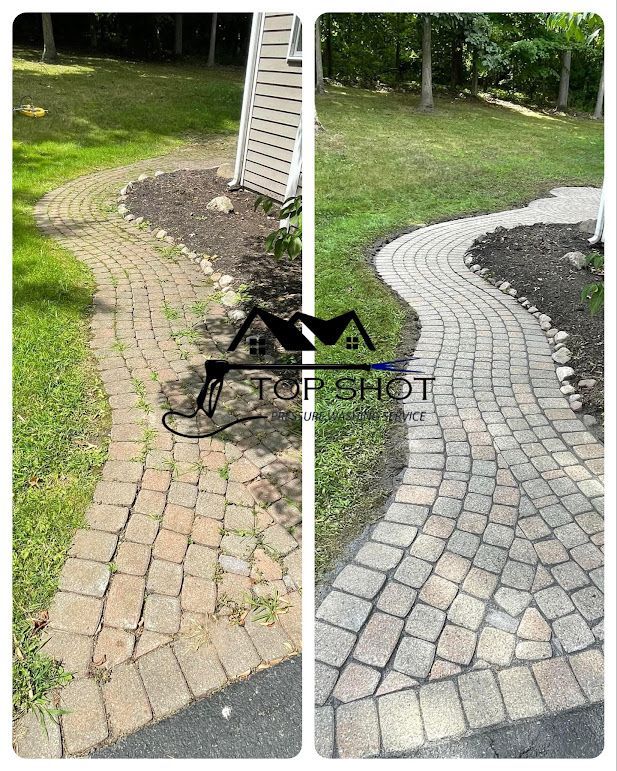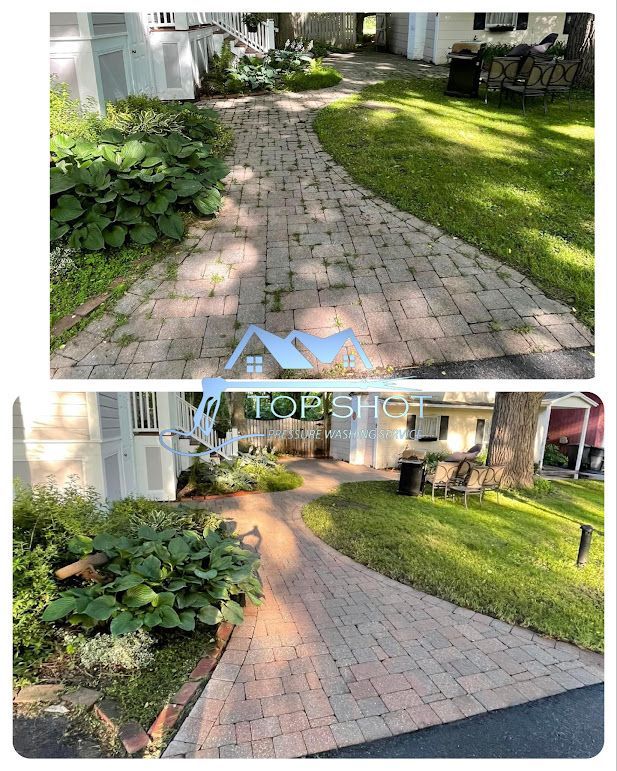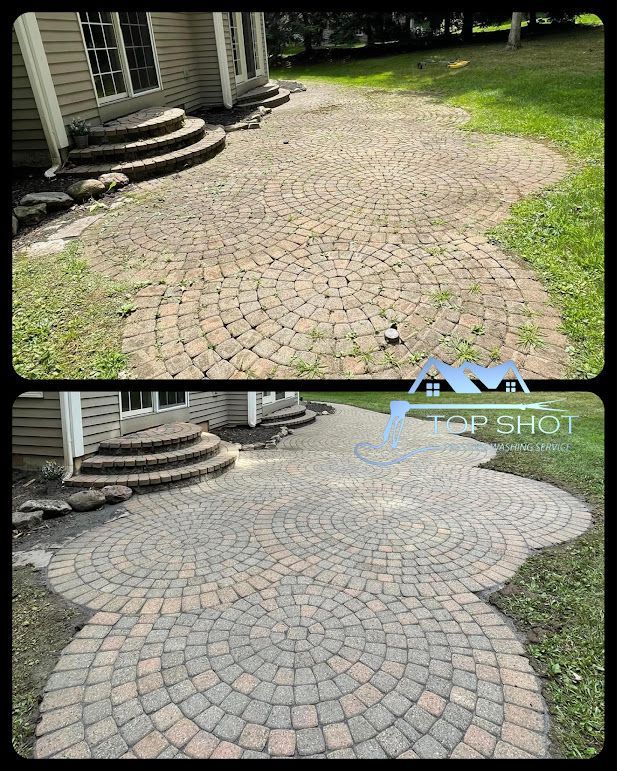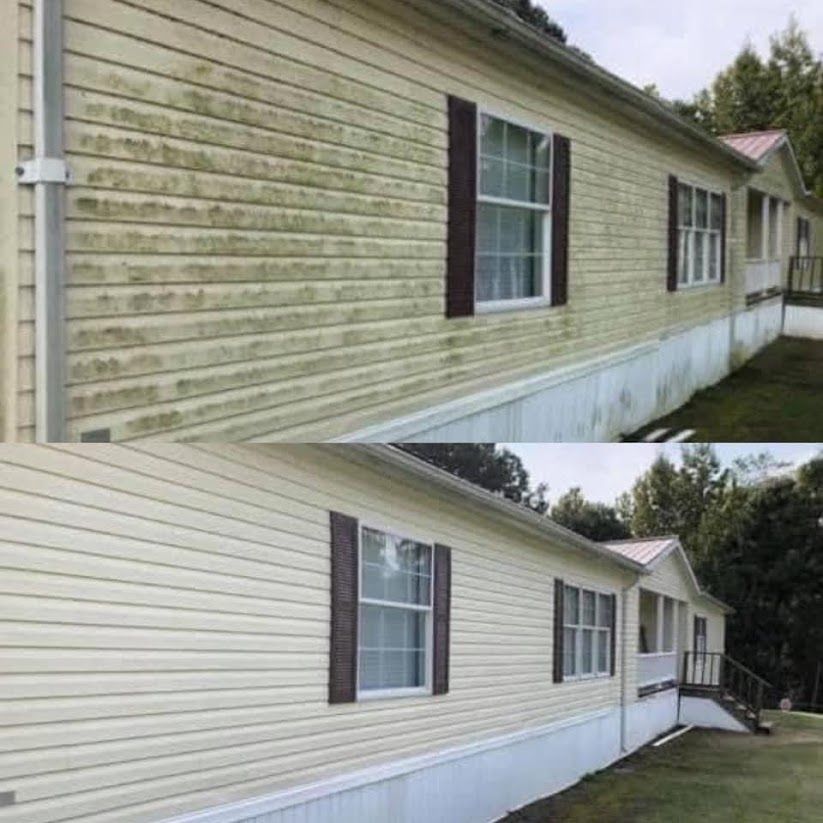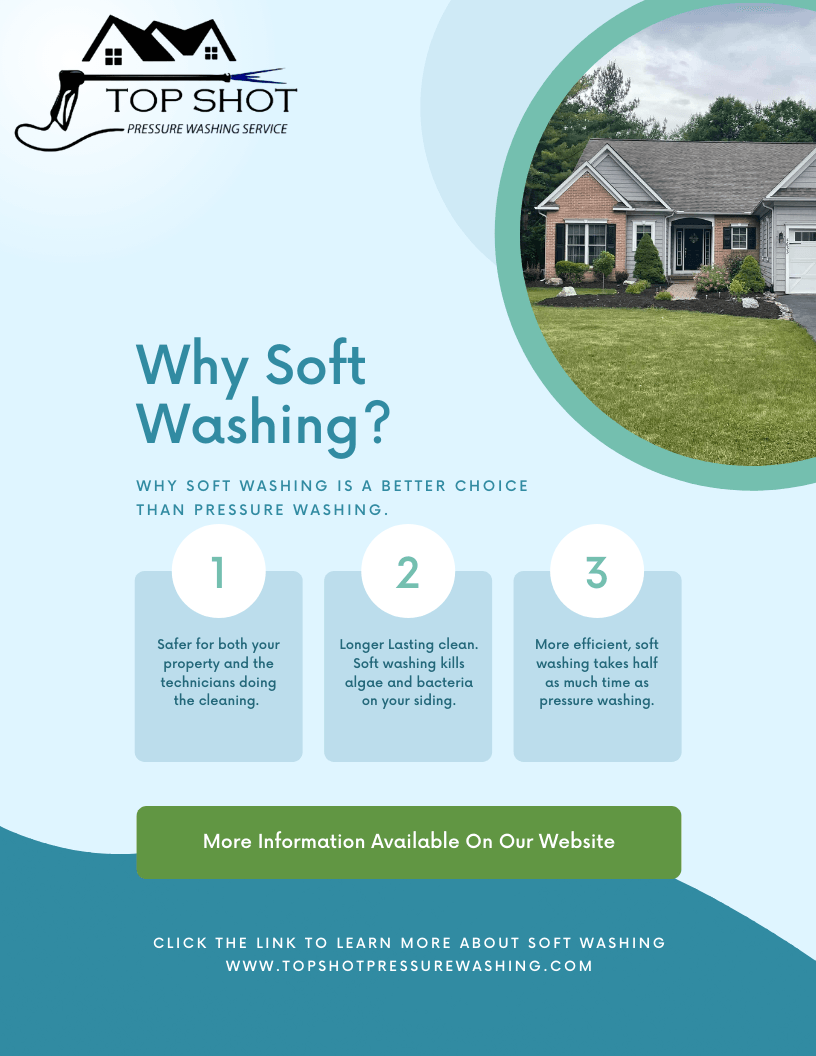The Ultimate Guide to Paver Sealing: Why, When, and How to Protect Your Investment
Why Paver Sealing is Important
Polymeric Sand
One of the most significant advantages of using polymeric sand for paver patios is its superior strength and durability. Unlike traditional sand, polymeric sand has a binding agent that helps to keep the pavers securely in place. This means that they are much less likely to shift or move over time, which can help to prolong the lifespan of the entire patio. Additionally, the added stability provided by the sand can help to reduce the likelihood of tripping or falling, making it a safer choice for your family and guests.
Another benefit of using polymeric sand for paver patios is its ability to resist erosion and water damage. Traditional sand can often wash away during heavy rain or other weather events, leaving gaps between the pavers and compromising the integrity of the entire patio. Polymeric sand, on the other hand, is specifically designed to withstand rain and other moisture, making it a much more reliable choice for outdoor projects.
In addition to its strength and durability, polymeric sand is also much easier to install than traditional sand. Because it is designed to bind together, it requires less time and effort to apply, which can help to reduce labor costs and save you money in the long run. Additionally, because it sets quickly, you can enjoy your new paver patio much sooner than you would with traditional sand.
Pavers are a popular choice for outdoor hardscaping projects because of their versatility, durability, and aesthetic appeal. From patios and driveways to walkways and pool decks, pavers can add value and beauty to any property. However, they are also exposed to various elements such as weather, foot traffic, and stains that can damage their appearance and lifespan.
One of the best ways to protect your paver investment is through sealing. Paver sealing not only enhances the color and texture of your pavers but also provides a layer of protection against stains, fading, and weathering. In this ultimate guide, we will explore everything you need to know about paver sealing, including why, when, and how to do it right.
Protect Your Investment
Paver sealing is an important step in protecting your investment. Pavers are exposed to various elements such as rain, sun, wind, foot traffic, and stains. Over time, these elements can cause your pavers to lose their color, texture, and structural integrity. Sealing your pavers can help prevent this damage by providing a barrier against moisture, UV rays, and other environmental factors.
Enhance Your Pavers
Paver sealing can also enhance the color and texture of your pavers. Sealer can bring out the natural hues of your pavers, making them look richer and more vibrant. It can also add a subtle sheen or gloss that highlights the texture and patterns of your pavers.
Prevent Stains
Another benefit of paver sealing is that it can prevent stains. Sealed pavers are less porous, making it harder for oil, grease, dirt, and other stains to penetrate the surface. This means that spills and stains can be easily cleaned up without leaving any lasting damage or discoloration.
If you have recently installed new pavers, it is recommended to wait for at least four weeks before sealing them. This allows the pavers to cure properly and ensures that the sealer will adhere properly to the surface.
If you have existing pavers, the best time to seal them is when they are clean and dry. This is usually during the dry season when there is no rain forecasted for a few days. Avoid sealing your pavers during rainy or humid weather, as moisture can affect the adhesion and curing of the sealer.
